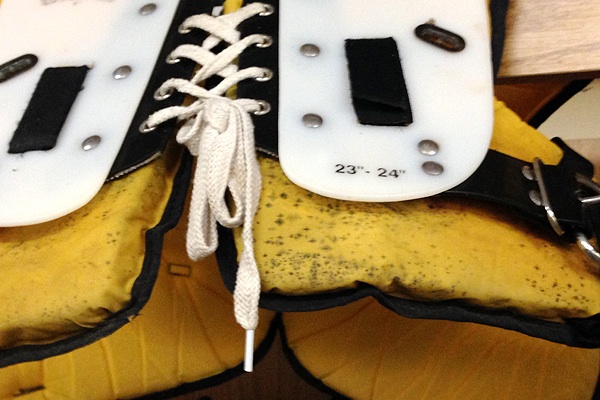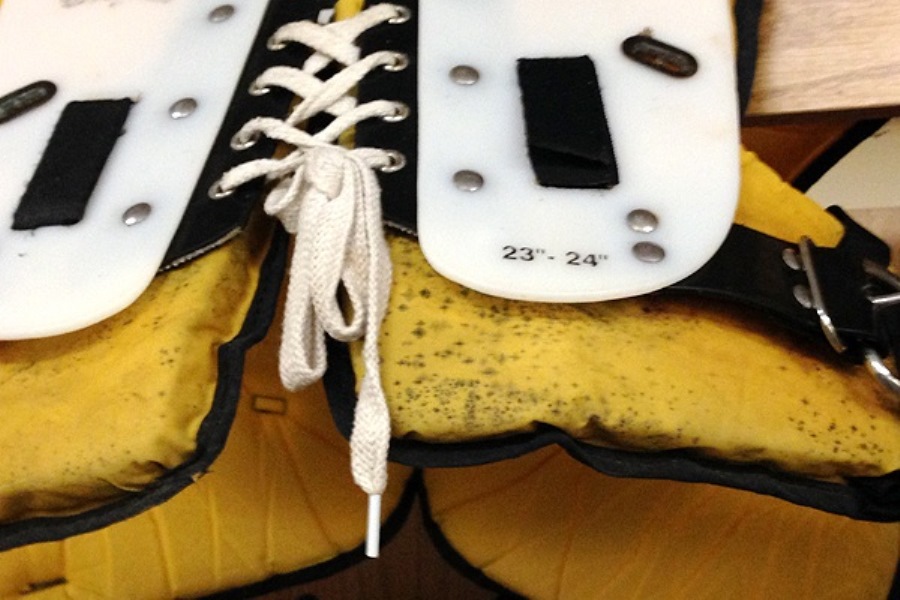Grambling State football team protests lack of funding

Photo Courtesy of Emmanuel Dunand/AFP/Getty Images
As Jackson State prepared for their homecoming game on October 19, they were excited to hopefully get a win over a struggling Grambling State Tigers team. They did not expect that Grambling would not show up to the game, however, causing Jackson State to scrimmage themselves for their homecoming game.
Ultimately, the untimely move cost Jackson State millions of dollars in refunded tickets.
The Grambling players did not show up to the game because they were emphatically boycotting the lack of funding for their football program.
The fact that the football team is boycotting is something that is almost unheard of in the collegiate athletic community. Poor workout facilities, dirty clothes causing staph infection and 12 hour bus rides to games were too much for the Tigers players to ignore.
They decided as a team to bring awareness to their situation and voiced their opinions by refusing to play the game against Jackson State.
“At Grambling State University, the football team took a stance on what we thought was right,” said Grambling State safety Naquan Smith. “We did not quit on our university. There are many problems that exist, and if no one says anything, nothing will become of our institution.”
While there are many people in the world of sports that are sympathetic to Grambling and their efforts to receive better treatment within their organization, there are many that question whether it was the right decision to boycott the game.
“I definitely agree with what Grambling is doing,” said Tyler Todd, junior defensive lineman at Maryville College. “A Division I school should have better facilities and should be better taken care of than what the players at Grambling are accustomed to at their school.”
The boycott definitely got people’s attention, which is what the players wanted, but it came at the expense of sacrificing Jackson State’s homecoming game, forcing Jackson to refund the money earned from the tickets.
The cost has already been estimated to be “in the millions” according to Jackson State officials.
“I think that the players of Grambling were being selfish,” Dakota Jenkins, junior MC offensive lineman said. “I understand that they were trying to get better conditions for their university and their team, but it shouldn’t come at the cost of Jackson State’s homecoming.”
The events that led up to the boycott go deep into the history of Grambling State’s organization. Grambling used to be a power house in the 1980’s that would pack the stands at games, sending many players to the NFL Draft.
Shortly after, Doug Williams, who would eventually be the quarterback for the Washington Redskins in 1986, left the university, the football team started to decline.
The school felt that it was in the best interest of the students and the university to increase spending on academics and decrease spending on the athletic program by 50 percent. This resulted in poor workout facilities that the players were forced to use and because of lack of proper washing materials, staph infections began spreading among members of the team.
The school couldn’t afford to fly the team anymore, so bus rides that could last up to 12 hours were taken to games. Mold could be seen in the ceilings of the locker rooms and the weight room.
All of these things resulted in the boycott of the game at Jackson State, because the players felt that these conditions needed to be brought to light.
“The thing that gets me is the unwashed clothes,” said Zach Capehart, Junior defensive lineman and co-captain of the MC football team.
“I think if that was the case in our organization, I could see myself doing what the players at Grambling have done. The situation is different when comparing Division I to Division III. In a D-I school, you expect to get the top notch treatment and equipment; you expect the facilities in D-III to not be as top notch,” Capehart said.
For now, the Grambling State players have suspended their boycott.
The team has agreed to practice again, but there will be repercussions for their actions. Jackson State is suing Grambling State, and a fine of $75,000 will be in handed down by the NCAA.
As the smoke slowly clears from this boycott, there are signs from the administration that they are sympathetic to the players’ plight, saying that they always try to provide the players with the best facilities possible and will continue to try and improve the circumstances in which their players perform.

